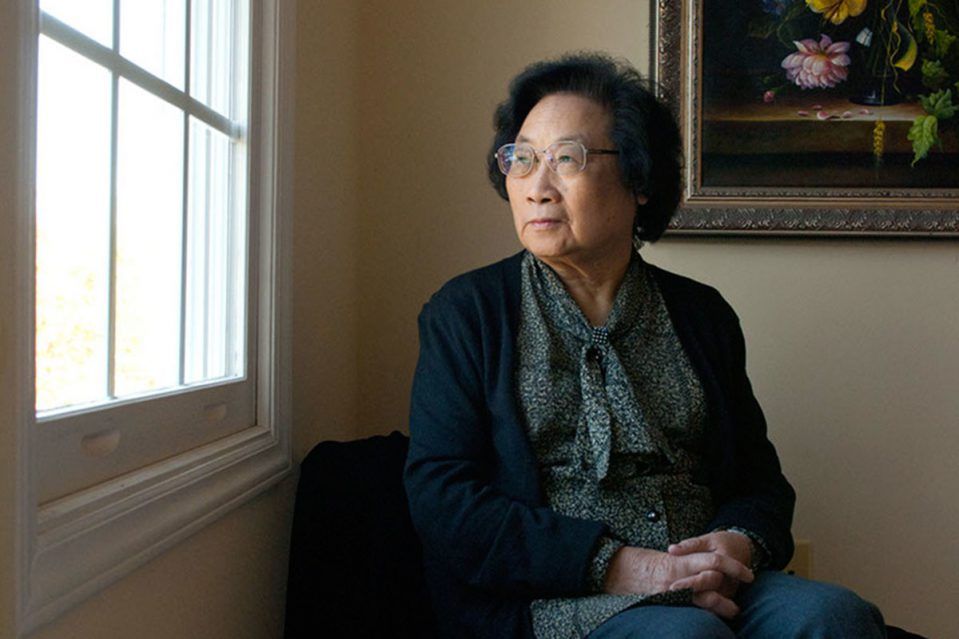I am thrilled that three scientists who have focused on the world’s most devastating parasitic diseases — Elephantiasis, River Blindness and Malaria —will share the 2015 Nobel Prize for Physiology/Medicine. These debilitating diseases affect hundreds of millions of people annually, overwhelmingly citizens of the developing world.
The press release issued by the Nobel Prize elaborates on the significance of the scientists’ discoveries, stating, “Diseases caused by parasites have plagued humankind for millennia and constitute a major global health problem. In particular, parasitic diseases affect the world’s poorest populations and represent a huge barrier to improving human health and wellbeing.”
One of the three recipients, Youyou Tu, Chief Professor at the China Academy of Traditional Chinese Medicine, developed her breakthrough Malaria therapy in an unlikely way, studying ancient literature on herbal medicine. She recognized the potential of the “Artemisia annua” plant and developed a purification procedure to extract the active component, Artemisinin, a drug proven highly effective against Malaria. Artemisinin rapidly kills the Malaria parasites early in their development and has been a mainstay of treatment over the past 15 years.
As the product manager for KnowledgeBase, our web-based platform designed to help governments and donor groups combat Malaria by bringing together essential data, analytics and collaboration tools, I am in awe of Professor Tu’s work and recognize it’s huge impact on the health and wellbeing of populations in need.
As explained on the Nobel Prize web site, Malaria infects close to 200 million individuals yearly. Artemisinin is used in all Malaria-ridden parts of the world. When used in combination therapy, it is estimated to reduce mortality from Malaria by more than 20% overall and by more than 30% in children. For Africa alone, this means that more than 100, 000 lives are saved each year.


